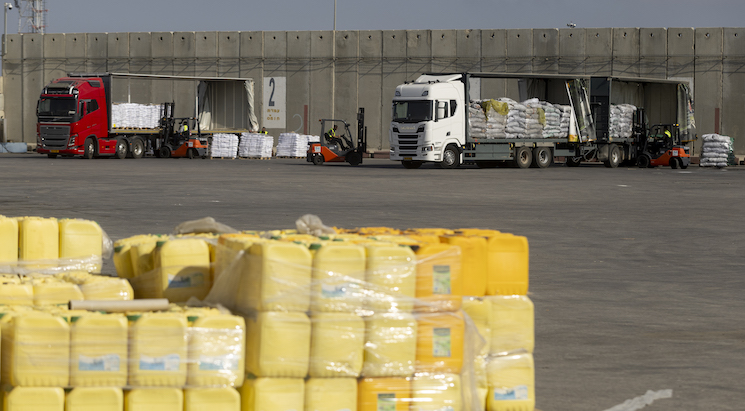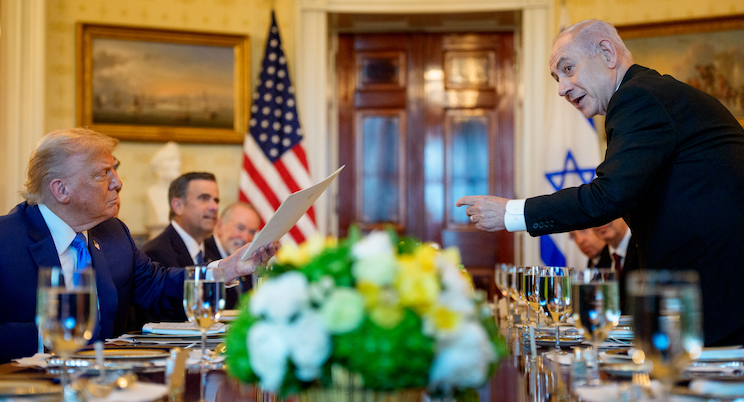Who won last summer’s Lebanon war, Israel or Hizballah? A year after combat ceased that question remains hotly controverted. If nothing else, the continuing debate is testimony to the ambiguous nature of the outcome between one of the world’s most powerful armies and the rag-tag Islamic militia that it faced....
Continue Reading
Subscribe to Commentary Magazine for unlimited access to this article and our complete 75-year archive.
📚
Complete 75-year archive access
📱
Ad-free reading experience
📖
Monthly print magazine
💎
Exclusive subscriber content
PRINT + DIGITAL (annual)
$
108
/year
Save 10%
- ✓ Every article, blog post & podcast, unlocked
- ✓ Access to all past issues since 1945
- ✓ Access to our curated iPad app
- ✓ PDF download of current issue
- ✓ Monthly print edition delivered to your door
- ✓ You can cancel anytime
PRINT + DIGITAL (monthly)
$
9.97
/month
- ✓ Every article, blog post & podcast, unlocked
- ✓ Access to all past issues since 1945
- ✓ Access to our curated iPad app
- ✓ PDF download of current issue
- ✓ Monthly print edition delivered to your door
- ✓ You can cancel anytime
Already a subscriber? Sign in here
Join thousands of readers who trust Commentary Magazine for intelligent analysis and thoughtful discussion.
+
A
A
-




